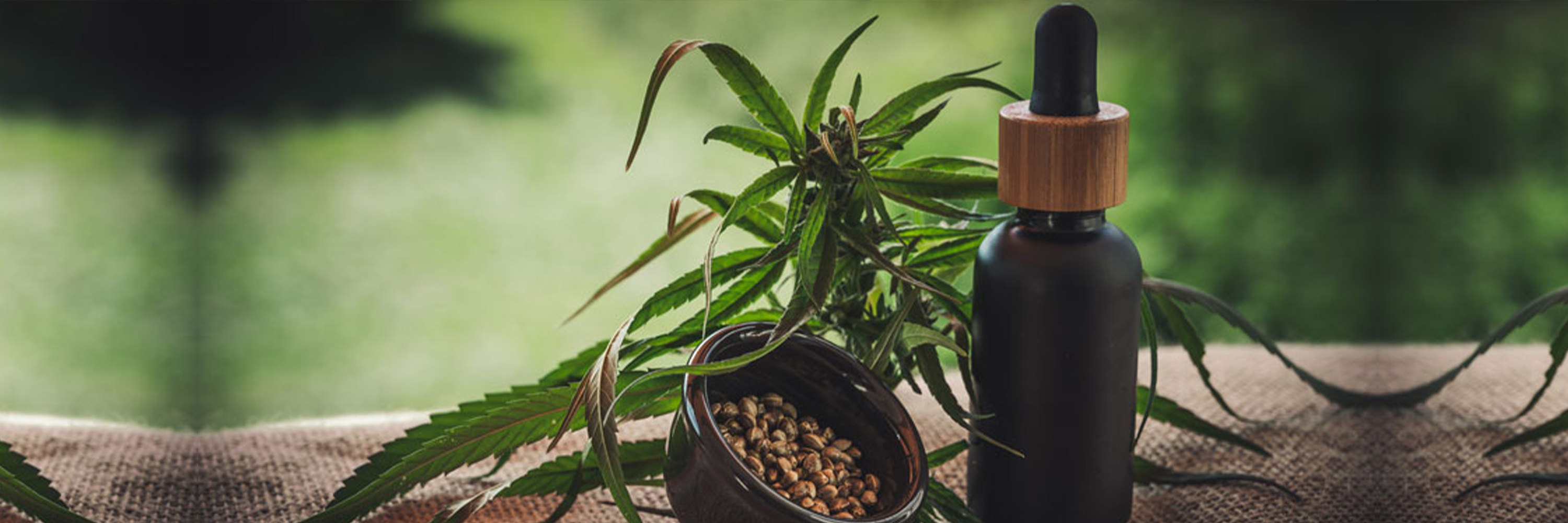Younger Adults More Likely To Use Cannabis To Manage Chronic Pain
Adults under the age of 35 who experience chronic pain are more likely to use cannabis or CBD oil to manage it, according to a new survey.
About 22% of the young adults said they use cannabis or CBD oil and are twice as likely to do so compared with those 45 and older.
The survey conducted online by The Harris Poll on behalf of the Samueli Foundation also found that young adults between the ages of 18 and 34 are more likely to report experiencing chronic pain than older adults, with a large majority of them saying they are in pain every day.
Wayne Jonas, M.D., executive director of Integrative Health Programs at Samueli Foundation said that while cannabis or CBD oil can be effective in treating pain that comes from certain conditions such as cancer and neuropathic pain, there is not enough evidence to support its use in treating common chronic pain which is mostly musculoskeletal in nature.
"Until more research is done on the benefits of cannabis on more general chronic pain-and especially in young people, it's best that people stick with the treatments that have been proven to be beneficial with substantial evidence. We would not want to repeat the problems we have from the use of opioids for chronic pain with cannabis until we know more about its long-term safety and effectiveness," he told Orthopedics This Week.
Recommended treatments for chronic pain by medical experts include massage, therapy, yoga, physical therapy and exercise.
According to survey results, young adults are experiencing chronic pain most often in their back (31%), neck (20%) and knees (20%). They report wanting help from health care providers, but not knowing which kind of health care provider would offer them the best help possible.
Almost 3 in 10 of the young adults with chronic pain in the survey said they have been talking to their doctors more often about their pain since the beginning of the COVID-19 pandemic. However, 75% of them say they are unsure where to go for the best pain management.
Jonas said that doctors should be steering these patients to manage their pain with proven, effective strategies.
He said, "In fact, the American College of Physicians changed their recommendations for patients with chronic low back pain, the most common kind of chronic pain. They now recommend that physicians and patients initially select non-drug therapies such as exercise, rehabilitation, acupuncture, mindfulness-based stress reduction, tai chi, yoga, and cognitive behavioral therapy, or spinal manipulation."
In the study the most common approaches to manage pain were over-the-counter pain relievers (53%), followed by exercise (43%), heat/ice (34%), healthy eating (26%), cannabis/CBD (16%), physical therapy (15%), massage therapy (15%), and yoga (14%).
Since the beginning the pandemic, a majority of those with chronic pain say they have changed their pain management. Many Americans are more interested in finding non-drug treatments including healthy eating, exercise, massage therapy, physical therapy, and meditation.
Of those survey respondents not currently using these treatments, 80% are interested in trying healthy eating; 71% in exercise; and more than 3 in 5 would be interested in trying massage therapy (68%), physical therapy (62%), or mindfulness-based stress reduction or meditation (61%).
More than 83% of Americans experiencing chronic pain say their quality of life would greatly improve if they were better able to manage it, and 79% of Americans with chronic pain say they wish it was taken more seriously by health care providers.
Sixty-eight percent wish they had more information about how to manage their chronic pain. These numbers should be a wake-up call to physicians that their patients need to more information on the best ways to manage their pain, Jonas said.
Why are so many younger adults in the U.S. experiencing chronic pain?
Jonas said, "It is surprising, but we do know from other research that younger people are less healthy overall than older adults were at their age, so the higher prevalence of pain may be related to that. In addition, the pandemic maybe putting a greater stress on young people-lost jobs, increased childcare, less activity, etc.-than older people."
"It seems that younger generations are facing health issues that were not experienced by older generations, causing them to be sicker and in more pain at a younger age. There are a number of factors that could be at play here-and most of them can be attributed to lifestyle factors. Things like a poor diet, a lack of exercise, and very little self-care can lead to issues with a person's health-physically, mentally, and emotionally. This is an issue that needs to be addressed in this population to ensure that as they age, their health doesn't become precipitously worse. And the best way to do that is for patients and health care providers to work together to find solutions to help address any issues in a person's life that may be contributing to poor health outcomes-even outside of their physical ailments."
He added, "Whatever the reason, health care providers need to better understand this reality and help young adults find a way to manage pain that works for them, ideally through a whole-person approach."
More than 2,000 U.S. adults were included in the survey that was administered in September.
